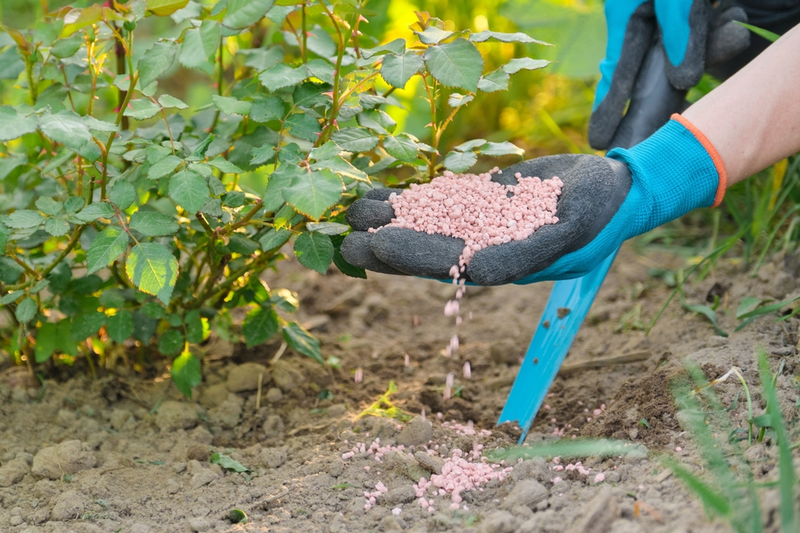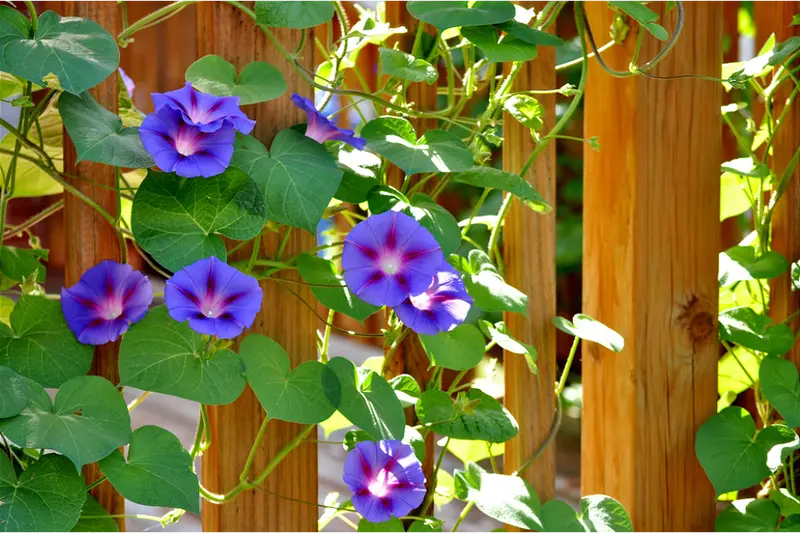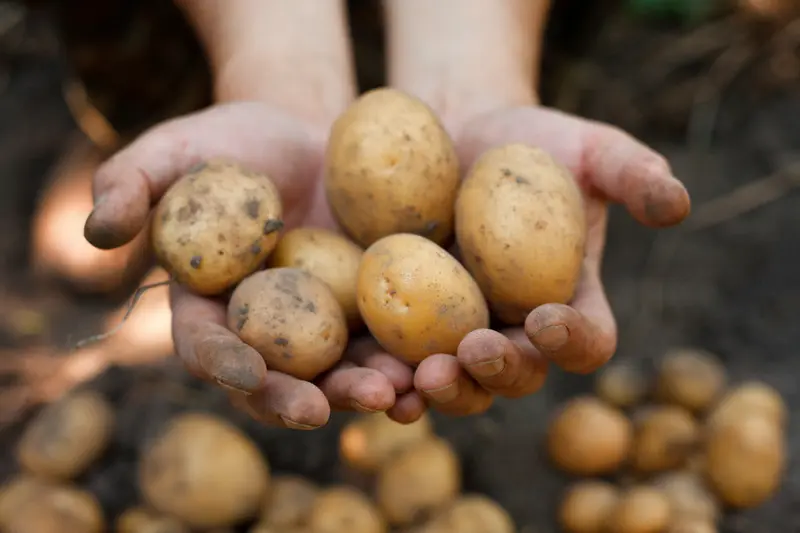
Time to feed your houseplants, so get prepared with everything you need to make sure your houseplants are ready for the boost to burst into active growth throughout late spring and the summer months. Many houseplants need less water and no feeding over the colder months of the year, but as soon as the weather heats up, you'll know it's time to start watering more and feeding your plants. This will help to keep them healthy.
When to Feed Your Houseplants
Houseplants are pot grown, and therefore, the compost will run out of nutrients very quickly, so adding the feed to your watering regime is needed to ensure your plants get the nutrients they need to grow. Average potting soil holds enough nutrients for around six weeks. After this time, you'll need to add plant food every four to six weeks in spring and summer. If you don't feed your houseplants, they tend to underachieve. Give them regular health boosts to show lush, attractive foliage. Flowering houseplants need more food than foliage plants.
Know What Is in the Bottle Before You Feed Your Houseplants
All houseplant feed will contain:
- nitrogen (N)
- phosphorus (P)
- potassium (K)
The balance of these makes the feed right for your plants. Always check the label on any houseplant feed you are looking to purchase to check if these three are on the label. You will also see varying levels of other minerals such as calcium (Ca), magnesium (Mg), and chlorine (Cl).
What Houseplant Feed to Use to Feed Your Houseplants
on what plants you feed, there are slight variations in the food you need. There are good all-around plant fertilizers that will benefit all plants, but knowing a little more in-depth can help you make the right decision. If you have houseplants that are all foliage, the feed you choose could be higher in nitrogen, which will help the plant produce lush foliage. If you have an indoor plant that flowers and fruits, a tomato feed can be beneficial as it is high in potassium.
Feed Your Houseplants and Know Which Need Feeding
You can feed orchids with a special Orchid feed found in the store. Always follow the instructions. Cacti won't need feed, but they might flower and will grow quicker if you do. Houseplants that prefer acidic soil, such as African Daisies, will require an ericaceous fertilizer, and carnivorous plants won't need any extra feed at all. Most other houseplants can be fed with a general houseplant feed.
How to Feed Your Houseplants
There are many different types of feeds and a few different ways of feeding. Diluted liquid feed in water is easy and can just be added to your regular watering rotation. Generally, adding plant feed into the water every two weeks will be enough, but always read the instructions and recommendations. There are also pelleted feeds, and slow-release drip feeds that can be useful when away from home.
We have houseplants and fertilizers in store, visit us and add to your collection.




